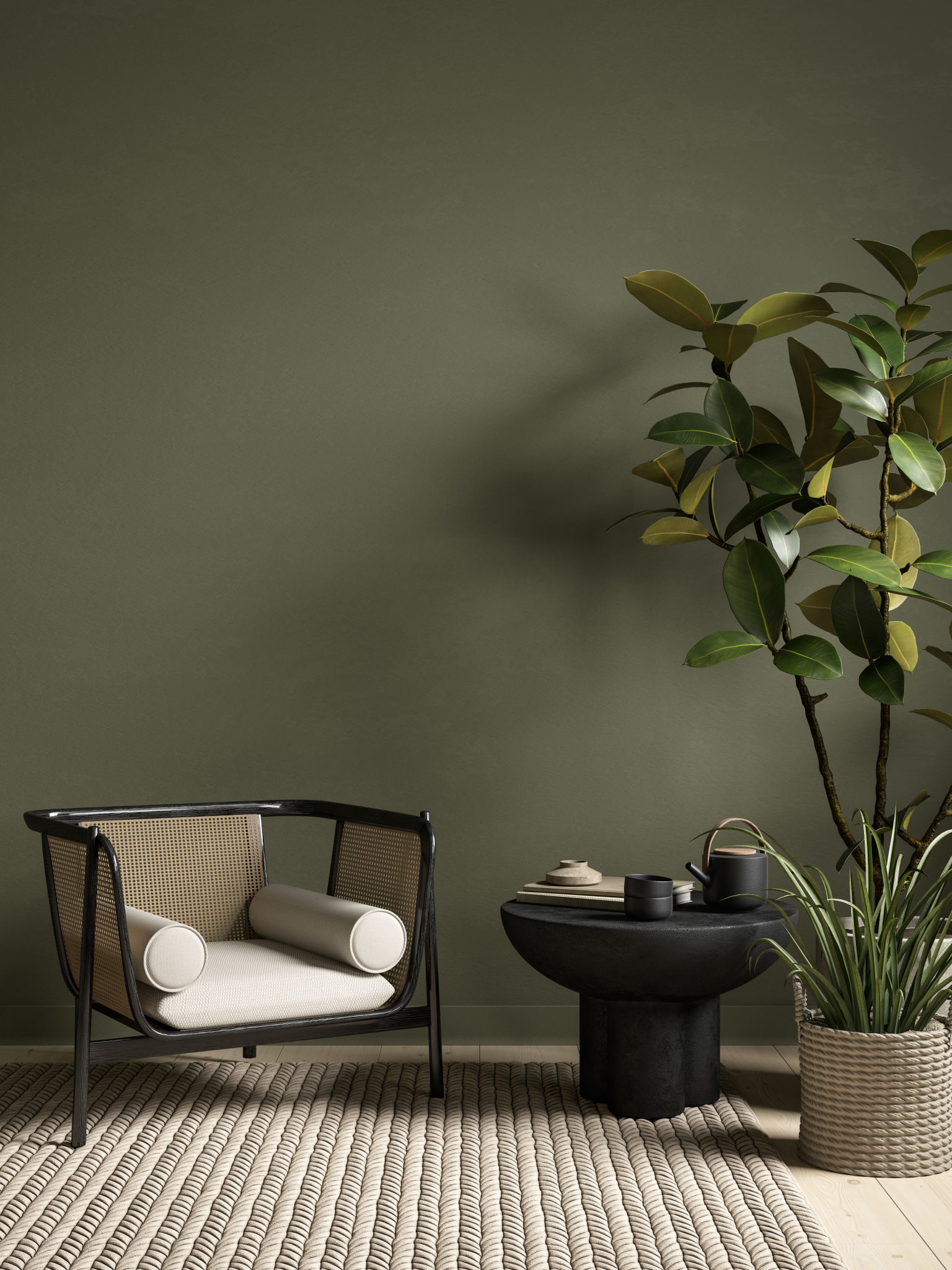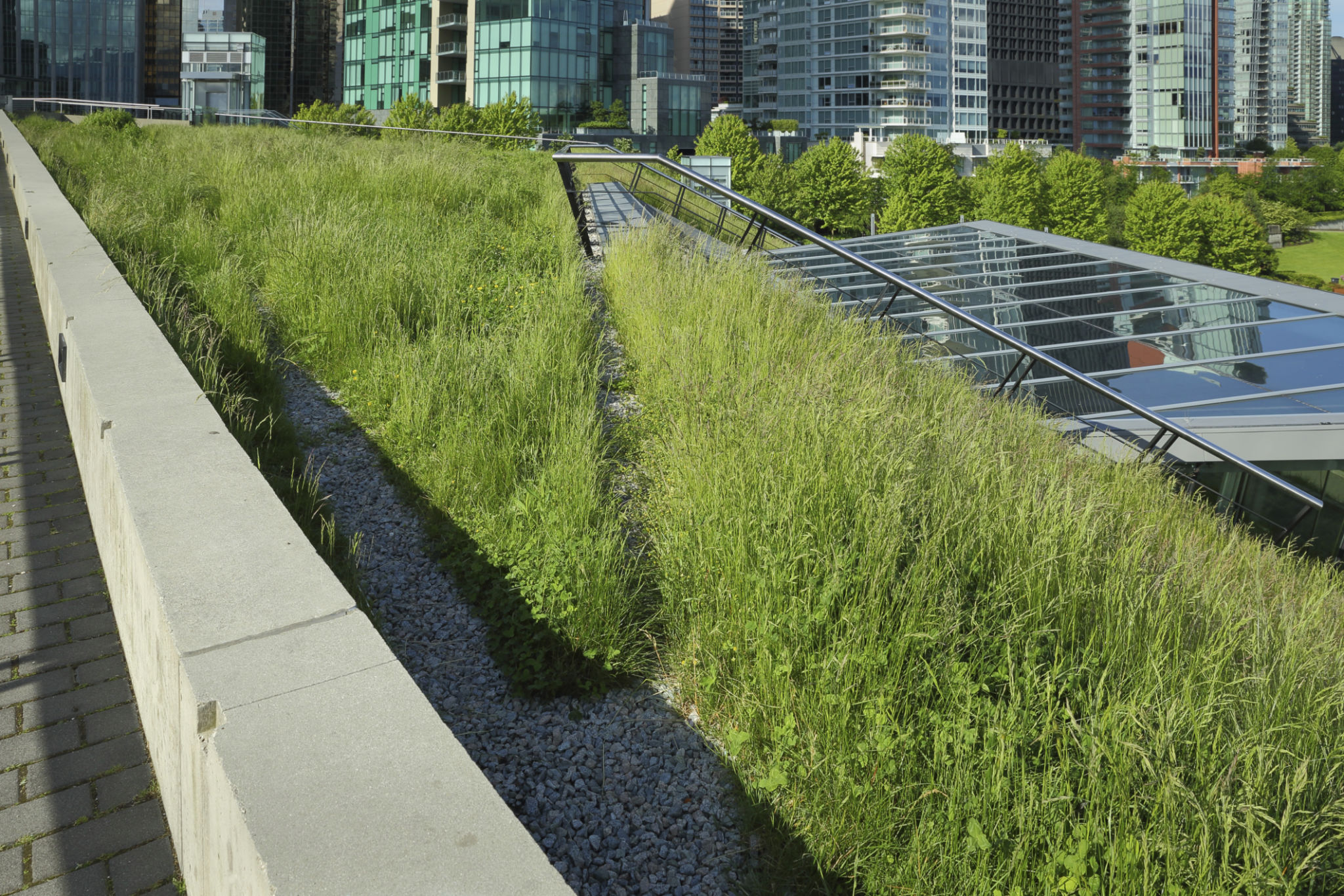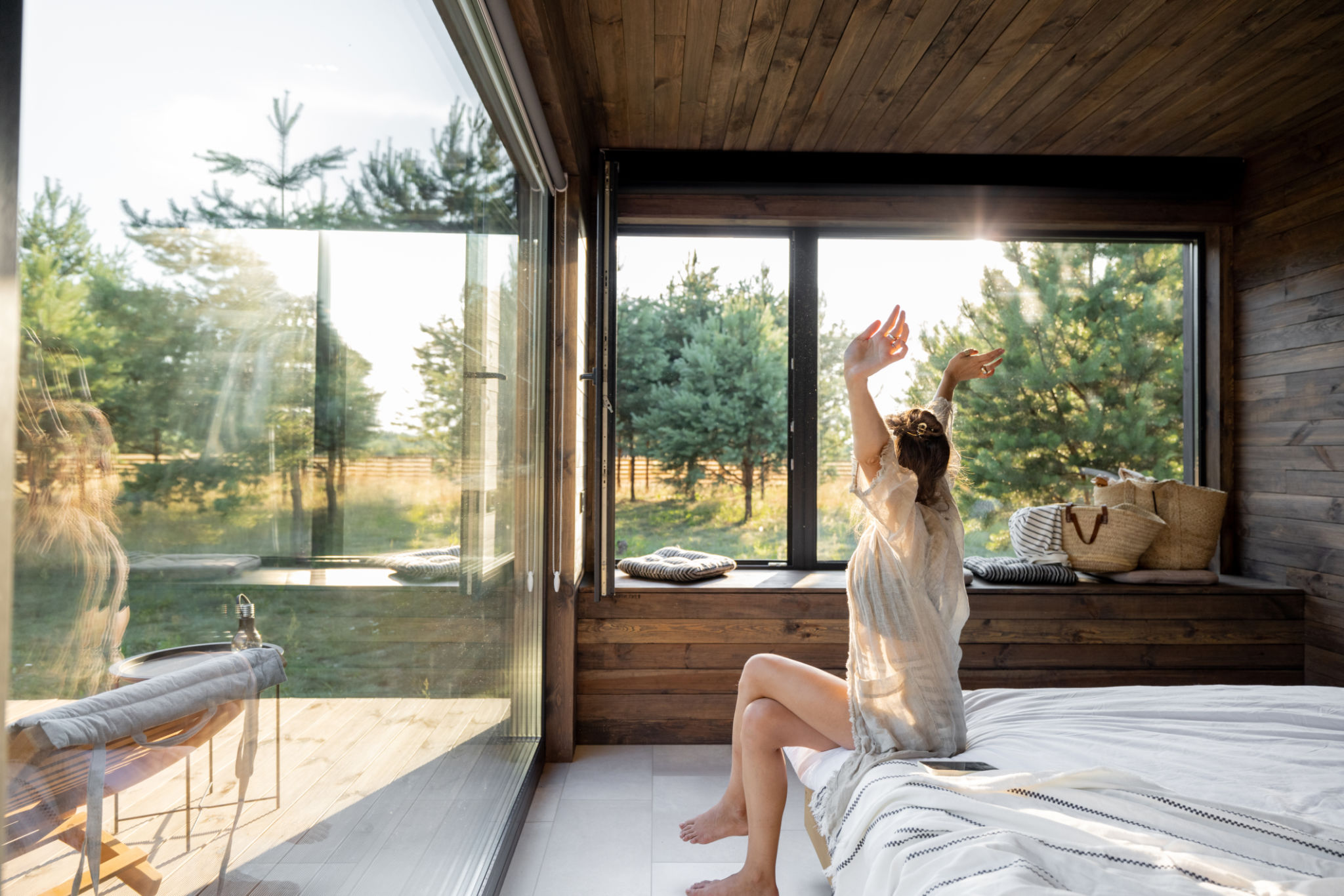The Role of Green Walls in Promoting Healthier Hotel Environments
Introduction to Green Walls
In recent years, the hospitality industry has been increasingly focused on sustainability and wellness. One of the innovative solutions that have emerged is the use of green walls, also known as vertical gardens. These living structures are not only aesthetically pleasing but also play a significant role in promoting healthier hotel environments. As guests become more eco-conscious, hotels adopting green walls are setting themselves apart by aligning with these values.

Enhancing Air Quality
Green walls contribute significantly to improving indoor air quality. Plants naturally filter pollutants and toxins from the air, providing a cleaner and fresher environment for guests and staff. By absorbing carbon dioxide and releasing oxygen, these vertical gardens help reduce the concentration of harmful substances, which can lead to a healthier indoor atmosphere. This process is particularly beneficial in urban areas where air pollution can be a concern.
Reducing Urban Heat
Apart from purifying the air, green walls also play a crucial role in mitigating the urban heat island effect. In densely populated areas, temperatures can rise due to the presence of concrete structures and limited greenery. Green walls help by providing cooling effects through the processes of evapotranspiration and shading, thus contributing to a more comfortable indoor climate and reducing energy consumption for cooling.

Boosting Mental Well-being
The presence of greenery has been shown to have positive effects on mental health. Green walls in hotel environments can create a calming and relaxing atmosphere, reducing stress and enhancing the overall guest experience. People naturally feel more at ease in spaces that mimic natural environments, which can lead to improved mood and satisfaction during their stay.
Encouraging Biodiversity
Green walls are not just beneficial for humans; they also support local biodiversity. By providing habitats for various species of birds, insects, and other wildlife, these living structures contribute to ecological balance. This aspect can be particularly appealing to environmentally conscious guests who appreciate efforts to preserve and enhance local ecosystems.

Economic Benefits for Hotels
Aside from health and environmental advantages, green walls offer economic benefits for hotels. They can significantly reduce heating and cooling costs due to their insulating properties. Moreover, the unique aesthetic appeal of green walls can attract more guests, potentially increasing booking rates and enhancing the hotel's reputation as an eco-friendly destination.
Implementing Green Walls
For hotels considering implementing green walls, it's important to collaborate with experienced designers and horticulturists. Factors such as plant selection, irrigation systems, and maintenance plans must be carefully considered to ensure the long-term success of these installations. Properly maintained green walls can last for many years, providing ongoing benefits.
Conclusion
Incorporating green walls into hotel design is an effective strategy for promoting healthier environments while supporting sustainability goals. By improving air quality, reducing heat, boosting mental well-being, and offering economic advantages, these vertical gardens represent a valuable addition to modern hospitality settings. As the trend towards eco-friendly practices continues to grow, green walls will likely become an essential component of hotel design worldwide.